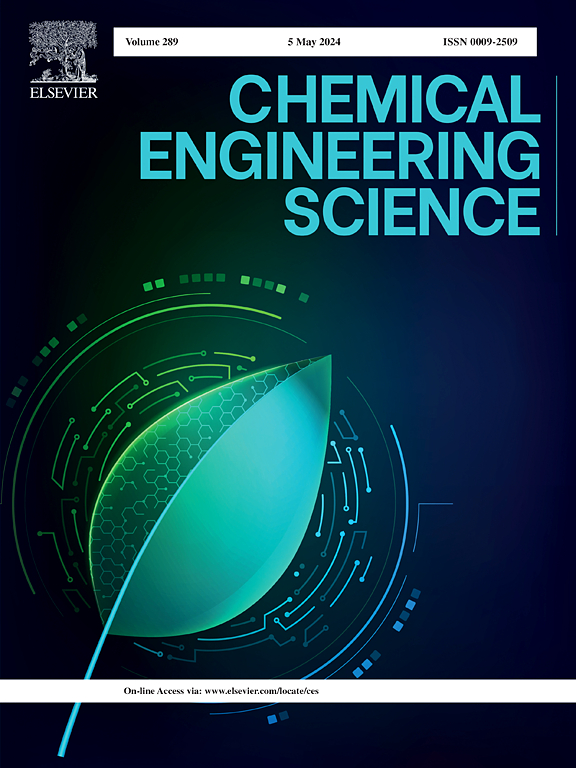Modeling multi-pollutant emission concentrations in municipal solid waste incineration processes using virtual-real data-driven approach
IF 4.1
2区 工程技术
Q2 ENGINEERING, CHEMICAL
引用次数: 0
Abstract
The concentration of pollutant emissions during the municipal solid waste incineration (MSWI) process has a significant global impact on the atmospheric environment. Developing effective pollutant emission models to support optimization for emission reduction is a critical challenge that must be addressed. To address the challenges of high uncertainty and poor interpretability in pollutant emission concentration models for the MSWI process, this article proposes a novel method for modeling multi-pollutant emission concentrations using a virtual-real data-driven method. First, a whole-process numerical simulation model for the MSWI process is developed using a multi-software coupling strategy. Virtual simulation mechanism dataset under diverse operating conditions is generated through a combination of orthogonal experimental design and implementation. Subsequently, to tackle the challenge of limited sample size resulting from the high cost of simulation, virtual sample generation (VSG) is utilized to enhance the dataset. Finally, a virtual-real data-driven multi-pollutant emission concentration model is developed, leveraging the Interval Type-2 Fuzzy Broad Learning System (IT2FBLS) and the Linear Regression Decision Tree (LRDT) algorithm with a main-compensation mechanism. The proposed methodology is validated using data from an MSWI power plant in Beijing.

求助全文
约1分钟内获得全文
求助全文
来源期刊

Chemical Engineering Science
工程技术-工程:化工
CiteScore
7.50
自引率
8.50%
发文量
1025
审稿时长
50 days
期刊介绍:
Chemical engineering enables the transformation of natural resources and energy into useful products for society. It draws on and applies natural sciences, mathematics and economics, and has developed fundamental engineering science that underpins the discipline.
Chemical Engineering Science (CES) has been publishing papers on the fundamentals of chemical engineering since 1951. CES is the platform where the most significant advances in the discipline have ever since been published. Chemical Engineering Science has accompanied and sustained chemical engineering through its development into the vibrant and broad scientific discipline it is today.
 求助内容:
求助内容: 应助结果提醒方式:
应助结果提醒方式:


